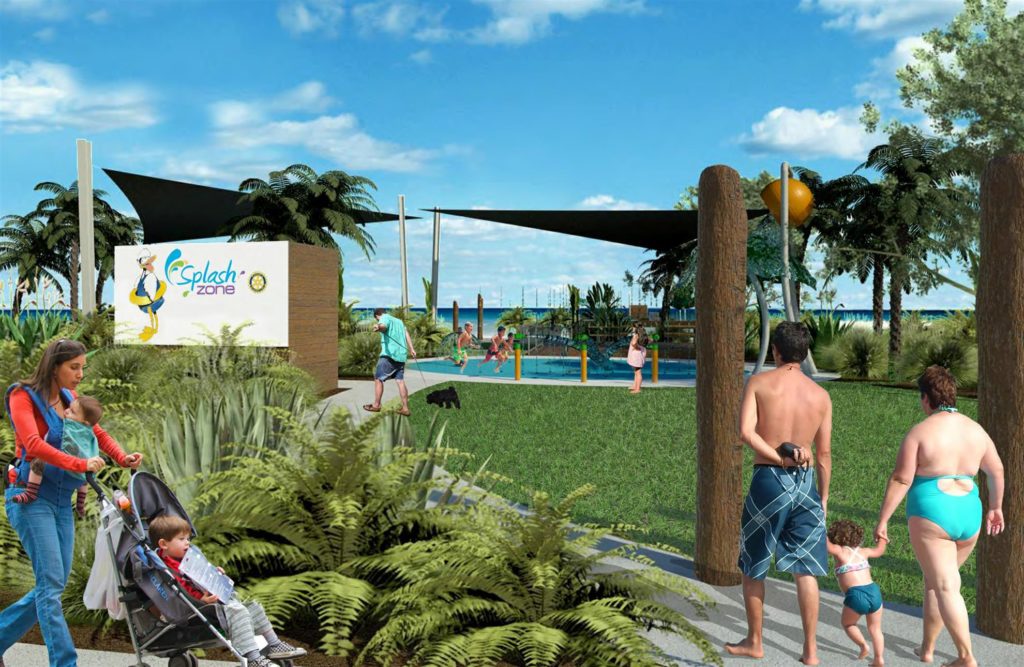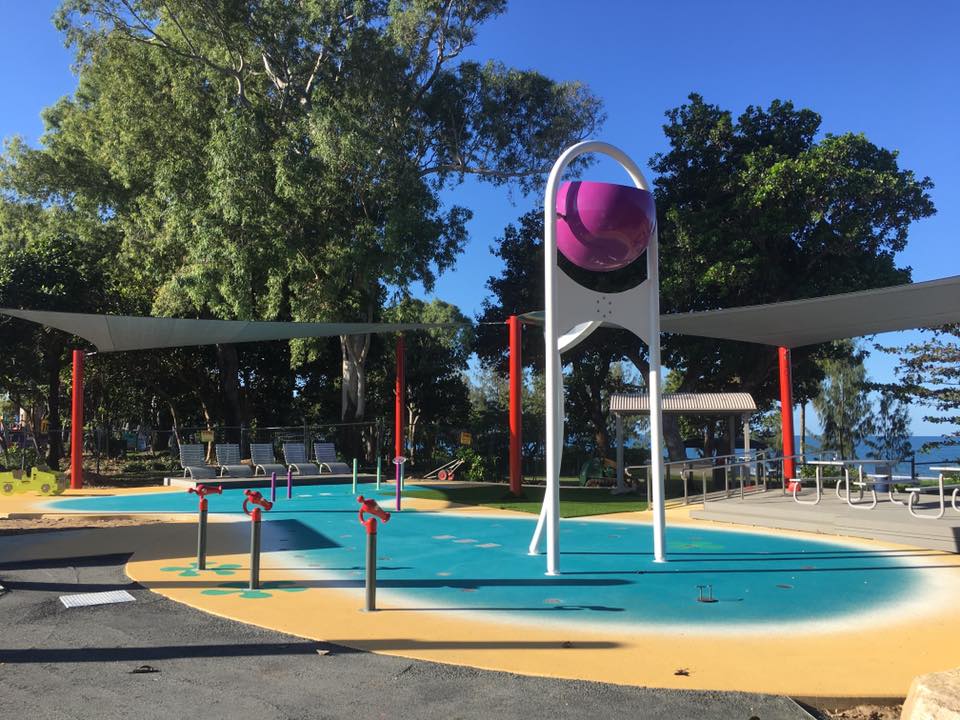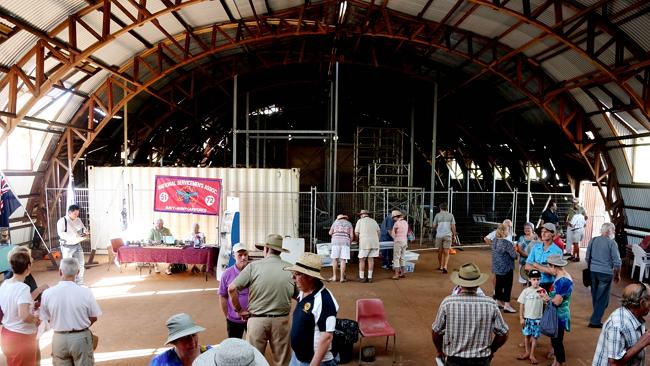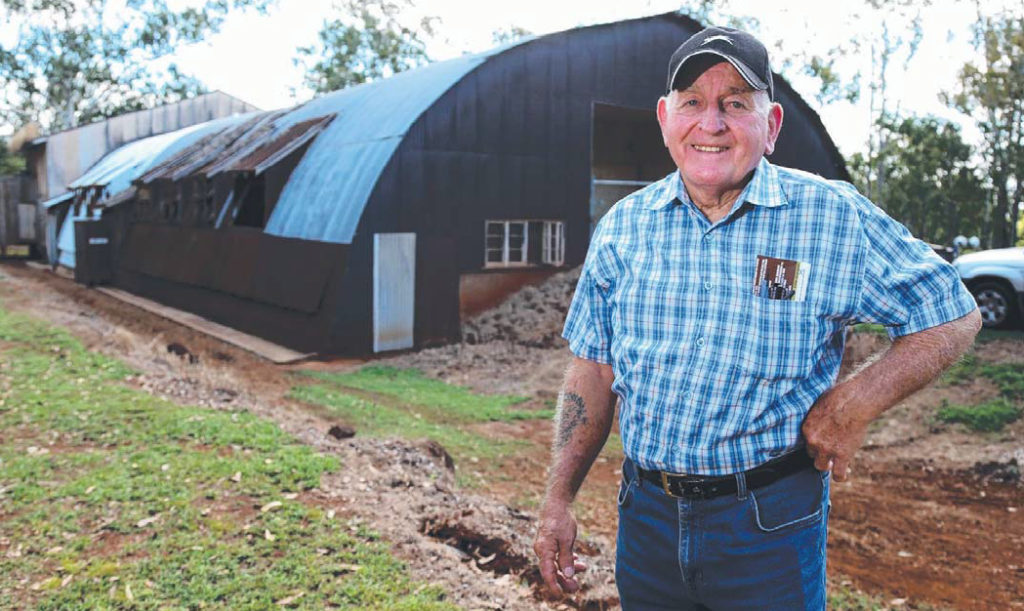Foundation for Rural & Regional Renewal (FRRR)
For the residents of Mission Beach in Queensland, there was a lack of safe water play facilities in the area, due to no community swimming pool and the presence of deadly marine stinging jellyfish in the local beach during the summer months.
The Rotary Water Park/Splash Pad project was developed to provide a special place for the children of Mission Beach to play with their families and friends. It would also offer an opportunity for visitors to experience the Water Park/Spray Pad facilities at the Mission Beach beachfront, bringing much-needed tourism to the area.
The project also was also a part of the Cyclone Yasi recovery initiative for Mission Beach. Yasi caused major destruction in the community in 2011. The Rotary Club of Mission Beach opened a Fundraising Account with FRRR in 2014 to enable keen sponsors to receive a tax deduction for any donations.
In December 2018, the Club reached their fundraising target and began construction early the following year. A project five years in the making has become a reality and been a huge success for the Mission beach community. You will now find the Water Park filled with families, with children enjoying the new water-play facilities.
One of the project managers who helped deliver the water park advises other community groups to “never give up”, as persistence was integral to their success.
The Mission Beach community await to see the impact of the Water Park on local tourism for the Summer holiday season but expect to see the same great outcome it has had for locals.
The provision of a fundraising account was just the boost the Atherton Rotary Club needed to give a historic military igloo built in the 1940s as part of the war in the Pacific.
The town of Atherton in the Tablelands Region, Far North Queensland and its surrounds were key in Australia’s World War II effort, the location of a major war cemetery, general hospitals, military camps and ordinance depots. Around 100,000 military personnel were stationed in the region at the height of the war in the Pacific between 1943 and 1945 as the Japanese threatened to invade Australia.
The igloo, built in 1943, provided an essential space for social activities hosting entertainment events for thousands of patients and staff from the neighbouring Rocky Creek Hospital. Six of the structures were built originally with the one in Atherton the last still standing.
Falling into disrepair, the Atherton Rotary Club drove a fundraising campaign, using the FRRR fundraising account and a $20,000 grant from the Culture, Arts, Tourism and Community Heritage(CATCH) grants program to restore the facility and create a military museum.
Getting the igloo to lock-up has been a major undertaking, with the funds contributing to dressing rooms for the theatre stage, lighting, emergency exits, major floor repairs including restumping, and a stainless-steel kitchen for the use of hirers in the future.
Jo Barnes from the Atherton Rotary Club said that the igloo’s revitalisation was a “great relief to Rotarians involved in what at first appeared to be a huge, maybe impossible, undertaking,” she said.
“The builders are proud of their achievement in bringing it together and having the opportunity to work on a building with so much local and Australian significance.” “Visitors are intrigued, excited and challenged to remember what their past relatives have said to them about being at Rocky Creek during the war.”





